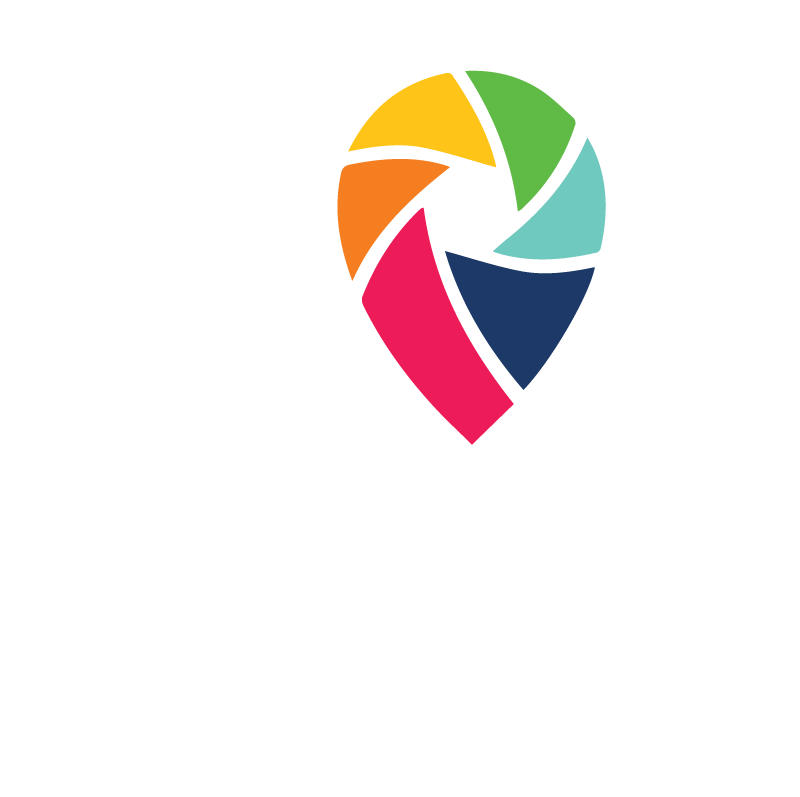Think back to your days in public school: What part of learning do you remember most? It probably relates to topics that really interested you, projects that gave you creative freedom and allowed you to think outside the box. Perhaps it was the experiences where you had a chance to really try out ideas and experiment a little, where the process was as important as the outcome. After all, isn’t that what true learning is?
Thinking about the purpose of education challenges us to look at WHAT and HOW our children are learning. Is the current system really meeting the needs of our students, allowing them to reach their full potential and tap into a love for learning? Education has the potential to be inspiring; school can be a place where passion and life are discovered, explored and supported. How can we work to better reach such goals?
There is a movement afoot to transform public education so it better prepares students for today’s world. No one can deny that the world is rapidly changing, especially in regard to technology, and the current education system in NB isn’t keeping up. Many jobs that exist today were unheard of just 10 years ago. And many of the students that graduate in the next 10 years will end up working in jobs that haven’t yet been created. The best way to prepare youth for the “real world” is through engaging & meaningful education with many experiential learning opportunities that allow them the chance to gain the skills and knowledge they need to find their own path.
Imagine school as a place where joy, discovery and passionate energy abound; a place students and teachers look forward to attending every day; where learning is fun and meaningful.
Learning in the 21st century should and can prepare students for an uncertain future by empowering them to think creatively and be adaptable. Using a variety of teaching methods and learning tools helps the process, with technology used in balance with other means. Each child is an individual, with different strengths and interests. A curriculum that is inquiry-based and child-centred helps ensure that all children have the opportunity to learn in a way that works for them. Rather than simply being passive recipients of knowledge, students should have the chance to become knowledge builders, capable of trying creative and innovative solutions to problems.
The following principles need to be considered when designing a new education model:
- Creativity & Innovation: Incorporating new ideas and encouraging exploration through multiple learning styles
- Critical Thinking & Problem Solving: Empowering students with skills & knowledge to ask questions and face future challenges
- Collaboration & Leadership: Community-based, with peer-to-peer learning and teacher autonomy
- Cultural, Global & Environmental Awareness: Prioritizing kindness, compassion, and self-awareness
- Communication & connection: Access to local resources; team teaching, authentic assessment
- Balanced Literacy: Dissolving divisions between subjects and using appropriate technologies
- Holistic Learning: teaching the head, heart & hands: Learning that is hands-on and well-rounded, incorporating the arts, movement, & nature
- Lifelong learning & character: Meaningful learning that engages students, encourages self-directed learning and confidence
Imagine school as a place where joy, discovery and passionate energy abound; a place students and teachers look forward to attending every day; where learning is fun and meaningful. A wonderful opportunity exists here in Sackville—our schools need attention and change is on the horizon—so let’s work together to create an innovative learning model that makes schools here the best they can be.


